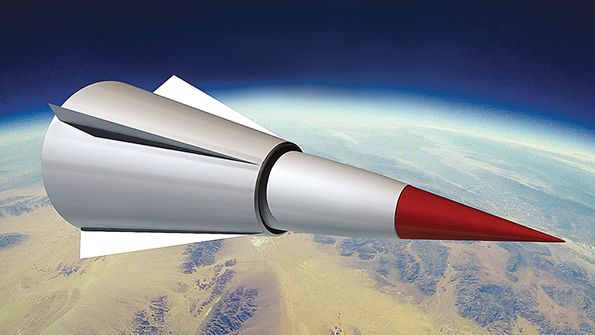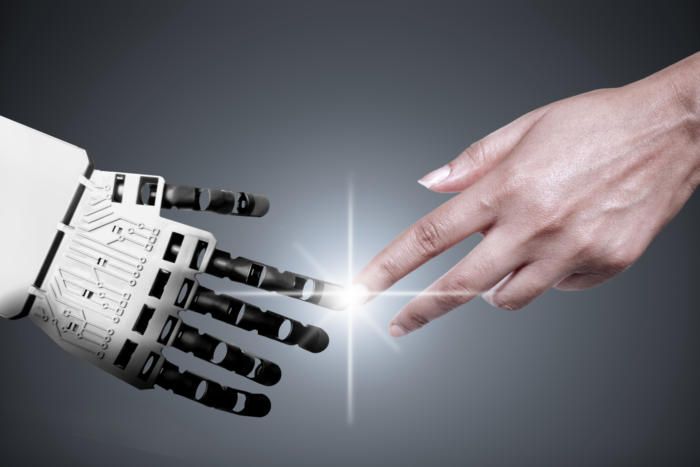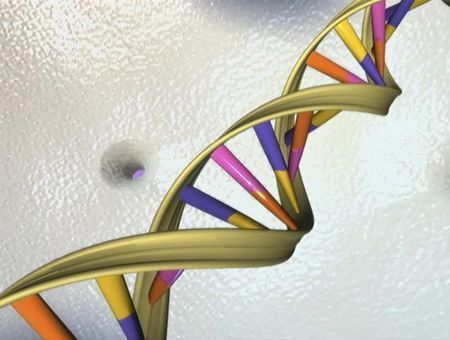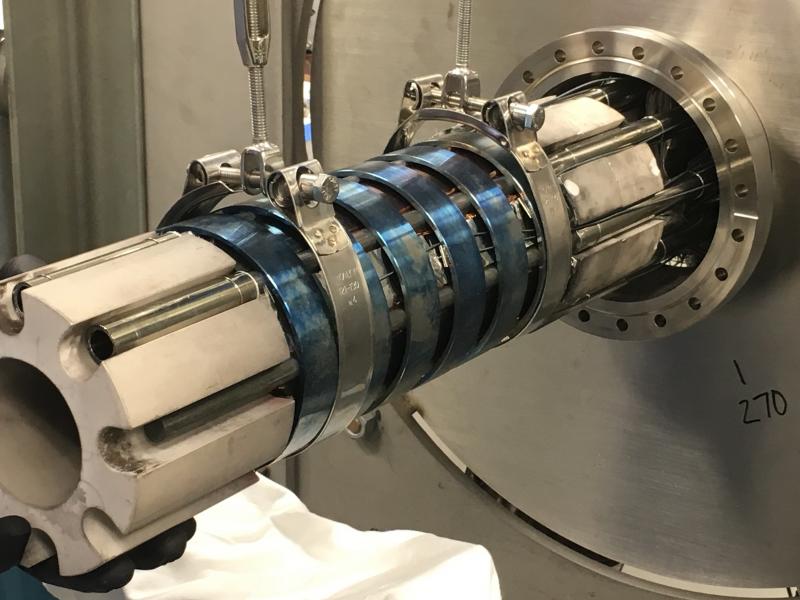Ageing as a disease, take 2: Things I got wrong.
My previous post was somewhat confusing even to myself. To be completely frank, I think it was a little bit of a fuck-up. Several people have commented about it, for example on Reddit or Facebook, pointing out among the rest that whether or not ageing is a disease isn’t just semantics and it isn’t pointless. (To the people commenting on Facebook, I’d like to say that I’m sorry I didn’t reply to your comments, but for some reason I was stuck as ‘Rejuvenaction’ on those posts, and Pages don’t seem to be allowed to comment on group posts. I tried to switch to my personal account to no avail. I figured out a workaround, but at this point it’s a bit too late.)
What I meant to say is that arguing whether or not ageing is a medical condition is far less important than treating its root causes, and as long as we focused on this task, we could postpone the debate to a later time. The finer points of establishing if ageing fits the definition of ‘disease’ to the letter would waste precious time we could spend saving lives instead; we should definitely not wait until the issue has been settled before we start developing rejuvenation biotechnologies. (And we are not waiting at all, luckily.) However, classifying ageing as a disease is very important and not at all pointless, as Reason of FA! explained in this post. In a nutshell, if the ageing processes that lead to age-related diseases were considered pathological, research on how to interfere with them would likely receive more funding, and drugs that target ageing itself could be approved by the FDA.
Read more
















